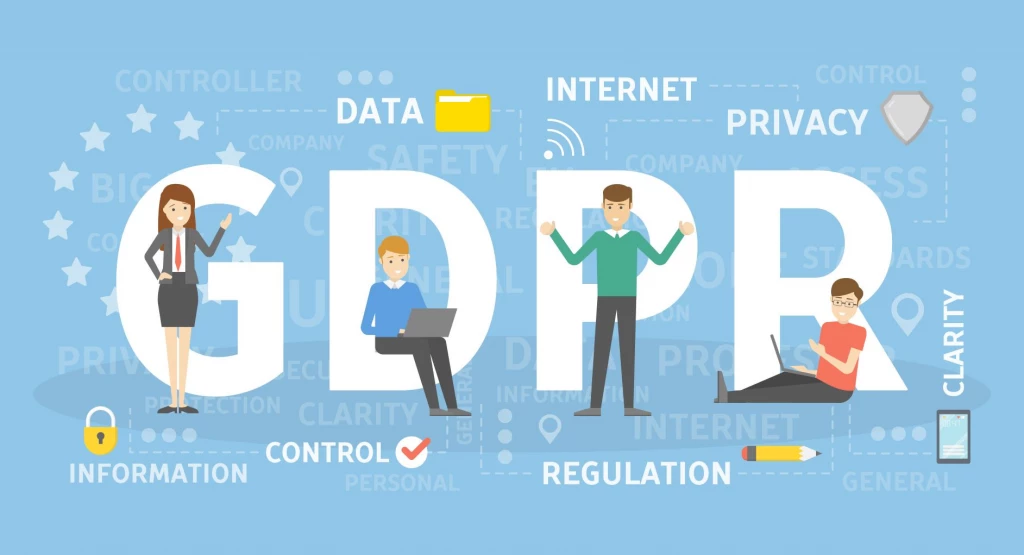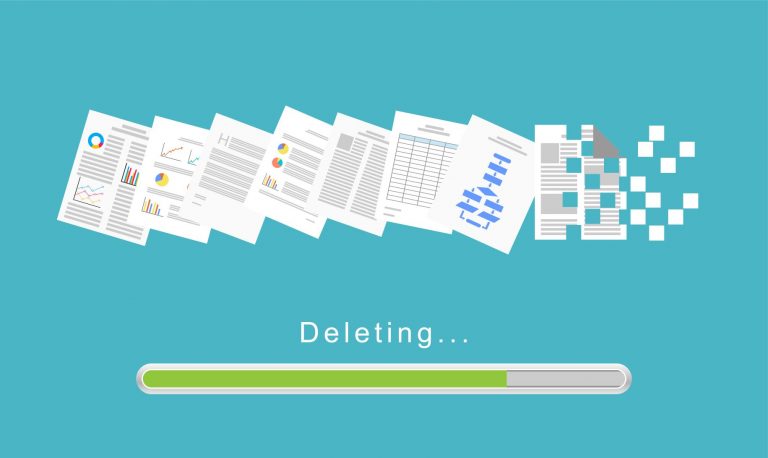Embracing GDPR Requirements
Is your business fulfilling these four GDPR requirements when processing client data?

As the invasion of privacy updated policy emails have settled in our inboxes, and most of us have left the GDPR meme craze of 2018 behind us, GDPR has become part of everyday life.
Despite this, many organisations are still listing GDPR compliance as a top concern, with two-thirds of small businesses in the EU still not fulfilling all GDPR requirements. And despite many large companies having brought in expert consultants and data security officers, many of them are also still not fully GDPR compliant.
So, what is going on?
It seems that many organisations have overlooked the importance of staff training when implementing GDPR. Making sure that regular staff, who are the ones dealing with customer data on a day-to-day basis, are given the proper tools and guidance when processing client data is crucial in ensuring your business meets GDPR requirements.
Staff training will minimise the risk of GDPR regulations accidentally being broken in the organisation.
Below I’ve listed four of the biggest changes to client data processing that’s been imposed by GDPR. However, it’s important that your business understands and applies all the new GDPR requirements to make sure you are fully compliant with the current data protection laws.
Your Client Data Needs to be Securely Stored in the EU
The new GDPR requirements state that all data on EU nationals must be securely stored within the EU. Before your organisation starts capturing and storing any client data it’s important to make sure that you’re aware of where the data is being stored and that the data is stored on a secure system. This minimises the risk of a client’s personal data getting lost or stolen.
Writing down sensitive information on a piece of paper or storing information locally on a computer increases the risk of the data being shared with other people outside the organisation. If your organisation is outside of the EU then paper-based or locally stored data would not meet GDPR requirements. Using a European-based CRM system that encrypts your client information will help keep your client’s personal data secured. If you don’t currently use a CRM, or your CRM system isn’t GDPR compliant.
The new GDPR requirements state that all data on EU nationals must be securely stored within the EU. Before your organisation starts capturing and storing any client data it’s important to make sure that you’re aware of where the data is being stored and that the data is stored on a secure system. This minimises the risk of a client’s personal data getting lost or stolen.
Writing down sensitive information on a piece of paper or storing information locally on a computer increases the risk of the data being shared with other people outside the organisation. If your organisation is outside of the EU then paper-based or locally stored data would not meet GDPR requirements.

Using a European based CRM system that encrypts your client information will help keep your client’s personal data secured.
You Should Only Collect Necessary Personal Data
Once you have a secure system to store your client data on, the next step is to decide on what data to collect. Current GDPR requirements state that businesses can only collect necessary information from their clients, and that effort should be taken to minimise the amount of personal data that is processed.
It might be difficult to know what information is important to collect; a good idea is to go through the current information that your business is collecting and review what it’s currently used for. Any client data being collected that isn’t being used should then be removed from your system. It’s important that members of staff are briefed on what information they need to collect and why. This reduces the risk of “data overload” and helps ensure that your organisation’s data processing is meeting GDPR requirements.
GDPR also states that organisations can only use personal data for what the original permission was granted for. For example, if a client’s personal data was collected when making a sale then that information is then not allowed to be used in a marketing campaign, unless the client has given explicit consent for their information to be used for marketing purposes.

Making sure that staff understands the intention the information is being processed for will help make sure data isn’t used for the wrong purposes. Using a system such as a CRM allows you to set up your own data fields in the system, which helps make sure staff are only collecting necessary client data. SpotlerCRM offers customisable fields so that you can tailor the system to your business’ requirements and only include the data you need, as well as the ability to capture and record consent.
Only Give Relevant Staff Access to Sensitive Client Data
If your business stores sensitive information on clients, it’s also important that access to this information is restricted within the organisation. The new GDPR requirements don’t just state that data shouldn’t be shared with third parties but also that only relevant staff should be given access to more sensitive data such as bank details, financial records or medical information.
Using a system that allows you to set up role-based permissions to different types of client data ensures that only the staff with the right authority are given access to sensitive client information. Take a look at our section on user permission levels to find out more about how you can restrict staff data access when using SpotlerCRM.
Delete Client Data If They Ask
One of the more radical changes to the new data protection regulation is the right for data to be erased, an extension of the previous right to be forgotten. One of the central pillars of the new GDPR requirements states that individuals have the right to ask organisation to delete their data at any time.

GDPR also state that organisations should make sure that personal data on an individual is deleted when the data is no longer used or necessary to keep. Making sure that your client data is being stored in a centralised system such as CRM means that all client data is stored in one place. This makes it easier to locate and to delete data if your client asks for it to be removed. It also enables your staff to easily keep a track of what data is useful and what data is out of date and needs to be removed.
GDPR is in Full Effect
It’s important that your business is fully clued up on the existing GDPR requirements. This includes not only managers and data protection officers but also client-facing members of staff and staff that deal with the processing of your client data. Making sure that data is stored on a secure GDPR compliant system is the first step in ensuring that your business meets the necessary GDPR requirements.
SpotlerCRM is a secure CRM system that stores all data in the EU. You can sign up to your own SpotlerCRM here.
Really Simple Systems is now Spotler CRM
The same great technology, a CRM platform that is focused on the needs of B2B marketers, provided by the same great team, at a great price!